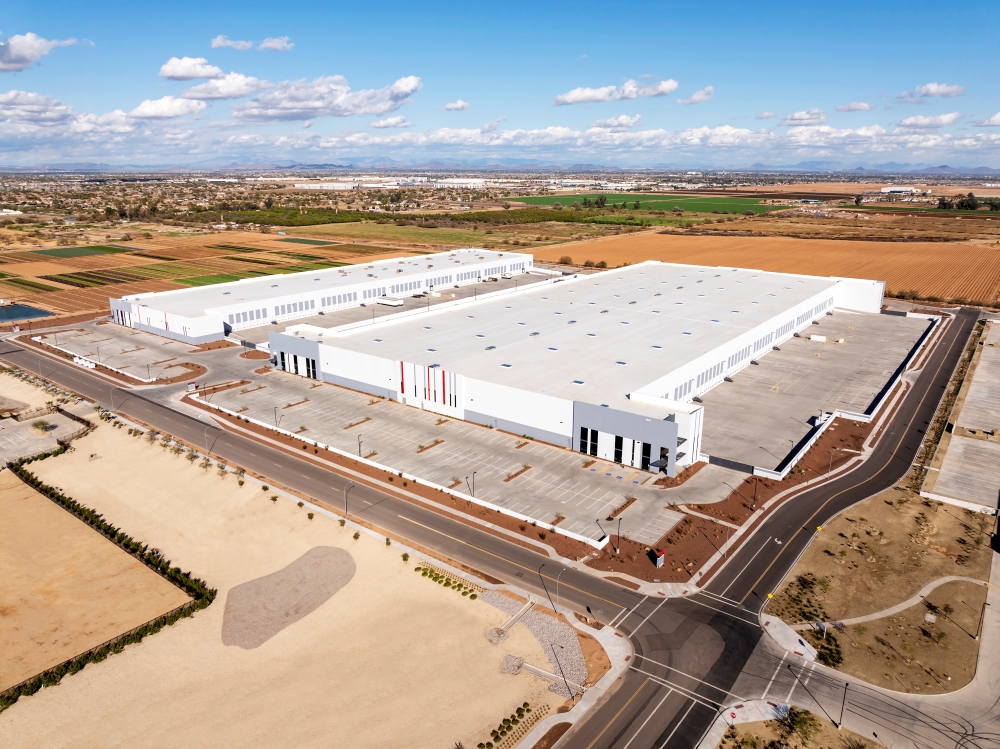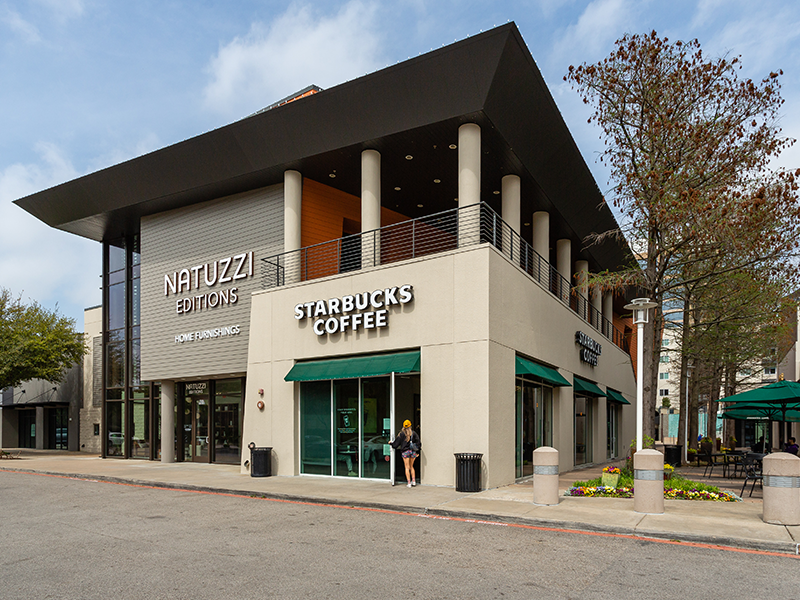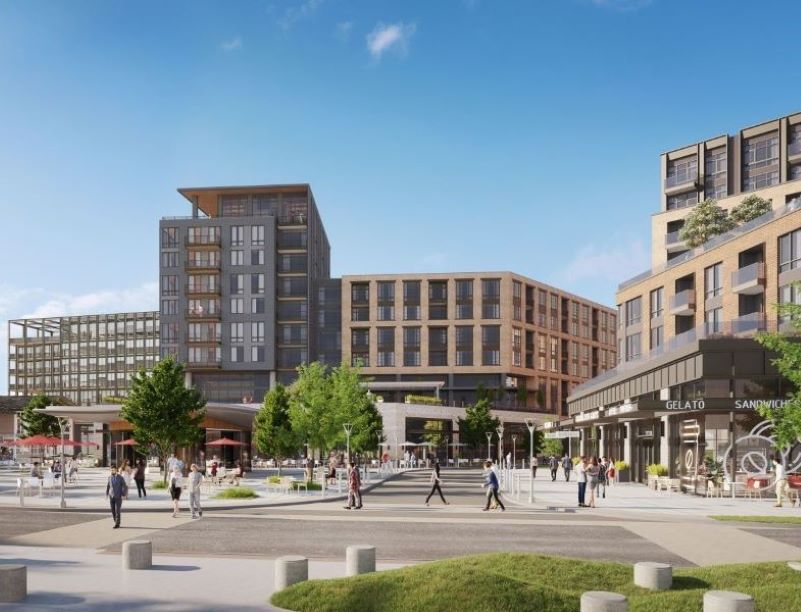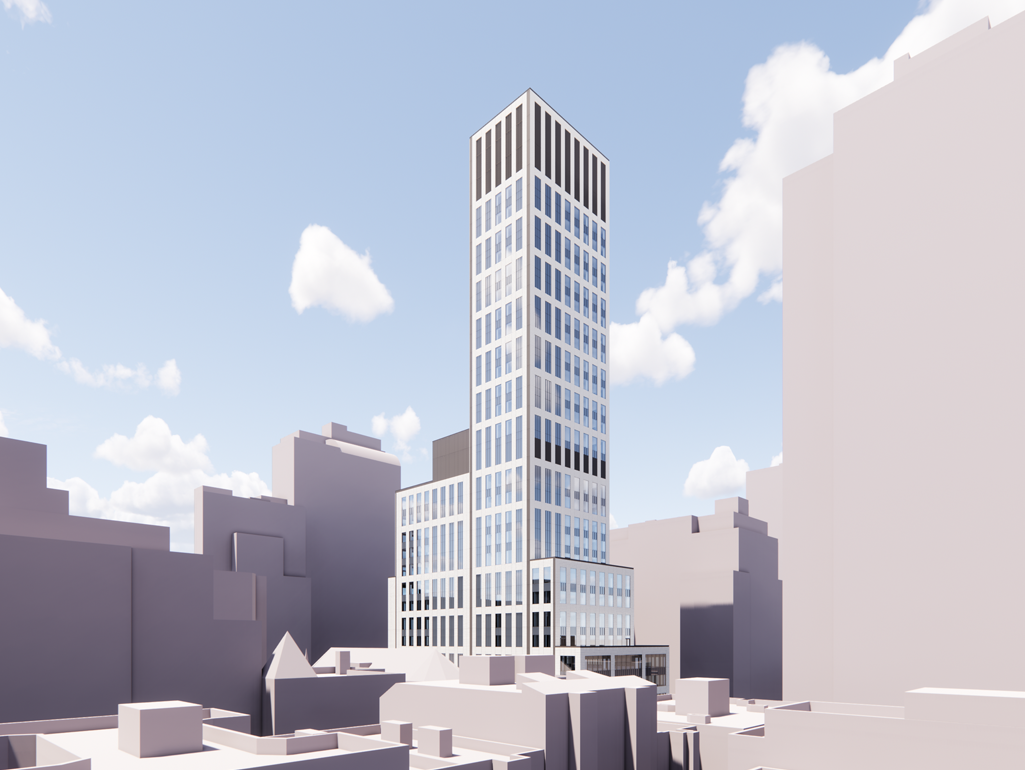Upping Your Ground Lease Game, Part II
By Jay Maddox, Principal, Avison Young: The legal and business issues involving commercial property ground leases are complex—and sometimes baffling.
By Jay Maddox, Principal, Avison Young
 Part 1 of this series addressed some key underwriting, valuation and deal structuring factors commercial real estate lenders consider when financing ground-leased properties. It’s critical to review these factors when entering into a ground lease transaction, whether it is existing or new, to ensure it’s financeable. It’s also important to understand the basic protections lenders generally require in the ground lease—which can vary considerably.
Part 1 of this series addressed some key underwriting, valuation and deal structuring factors commercial real estate lenders consider when financing ground-leased properties. It’s critical to review these factors when entering into a ground lease transaction, whether it is existing or new, to ensure it’s financeable. It’s also important to understand the basic protections lenders generally require in the ground lease—which can vary considerably.
First, the mortgage must be subordinated to the ground lease. The ground owner (lessor) shouldn’t be permitted to subordinate the lease to future financing, and also should be prohibited from further encumbering the leasehold interest without the lender’s consent. The tenant should be prohibited from assigning, modifying, amending or terminating the lease without the lender’s consent. Also, if the tenant can purchase the fee simple title to the land, this provision should be fully assignable to the lender along with all other rights and obligations in the event of a foreclosure, and exerciseable without the lessor’s consent. Some lenders require the right to exercise a purchase option if the tenant fails to renew the lease or exercise the option. In that case, the mortgage becomes a first lien on the property.
Second, the lender must have the right to foreclose on the leasehold without the lessor’s consent. The lender should also be permitted to acquire the lease in its own name or in the name of a nominee or assignee. Additionally, there must be sufficient remaining lease term to provide enough time for the lender to complete a foreclosure and market the leasehold interest.
The lender may require the right to cure a monetary default of the lease. The lender should also be permitted to cure a non-monetary default (such as replacing a roof or an elevator) once it has taken possession of the property. On the other hand, if the lender can’t cure a lease default (for example, in the event of the tenant’s bankruptcy), the lender should waive the default. If the lender acquires the leasehold interest, its liability should be limited to the time it takes possession, and not the time before its foreclosure. Also, some development ground lease deals may have a provision requiring the lender to step in to complete the project within a specified time period in the event of foreclosure prior to completion.
Most lenders would not want to be constrained in this manner, and such a provision could be a deal breaker.
Finally, if the lease is terminated due to uncured defaults or rejected during the tenant’s bankruptcy, some lenders require that the lease provide the lender the right to enter into a new lease with the land owner on the same terms and conditions as the original lease for the remainder of the original ground-lease term. The new lease should be fully assignable to the lender, and should provide that, upon any such assignment, the lender is relieved of all further liability.
The legal and business issues surrounding commercial property ground leases are complex and in some ways baffling. The risks are high, because if it is not properly structured, the lease may not be financeable.
The market for debt financing of ground-leased properties is not one size fits all; it comprises a diverse group of lenders and investors, each of whom has their own approach to such transactions. When considering a ground-leased transaction, it pays to work with professionals that have a deep understanding not only of documentation issues but also of fundamental lender and investor underwriting and structuring concerns.
For more insights from Jay Maddox on ground lease financing, stay tuned for Part III of this series.







You must be logged in to post a comment.